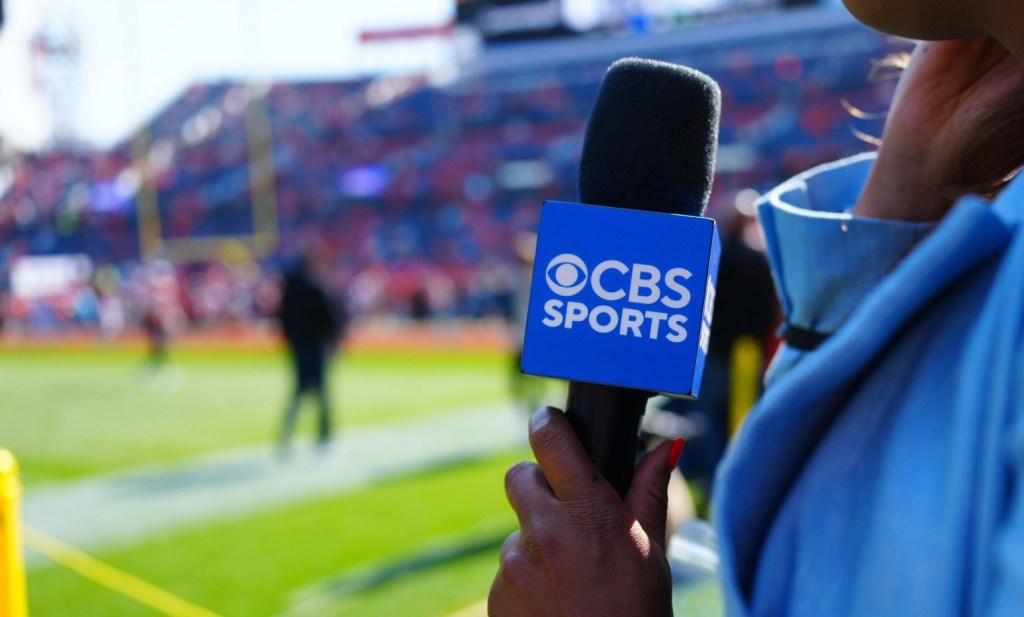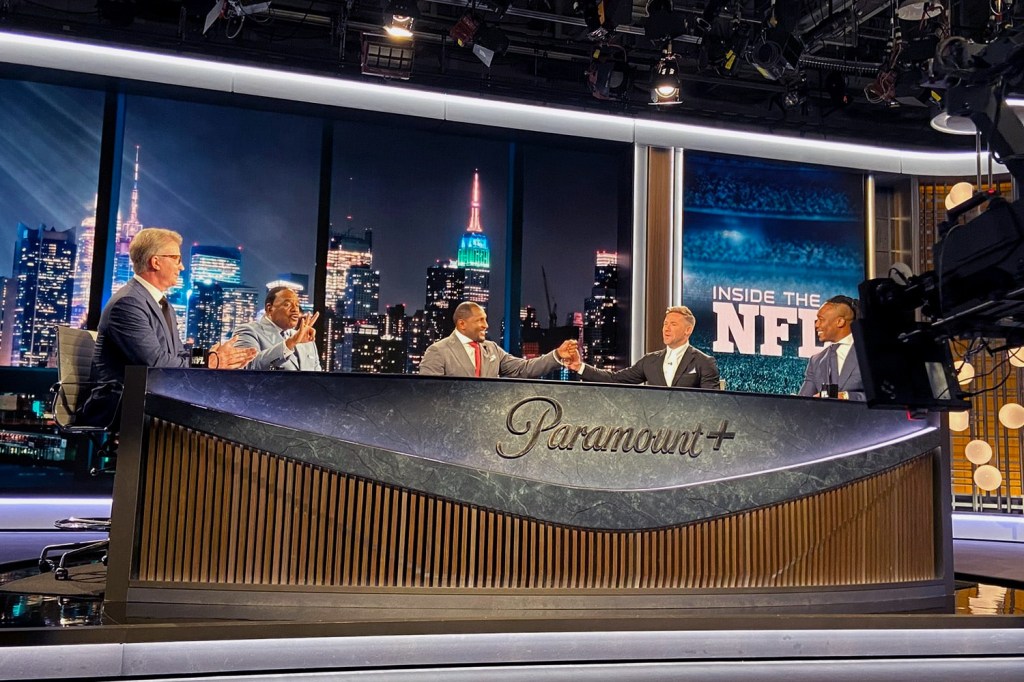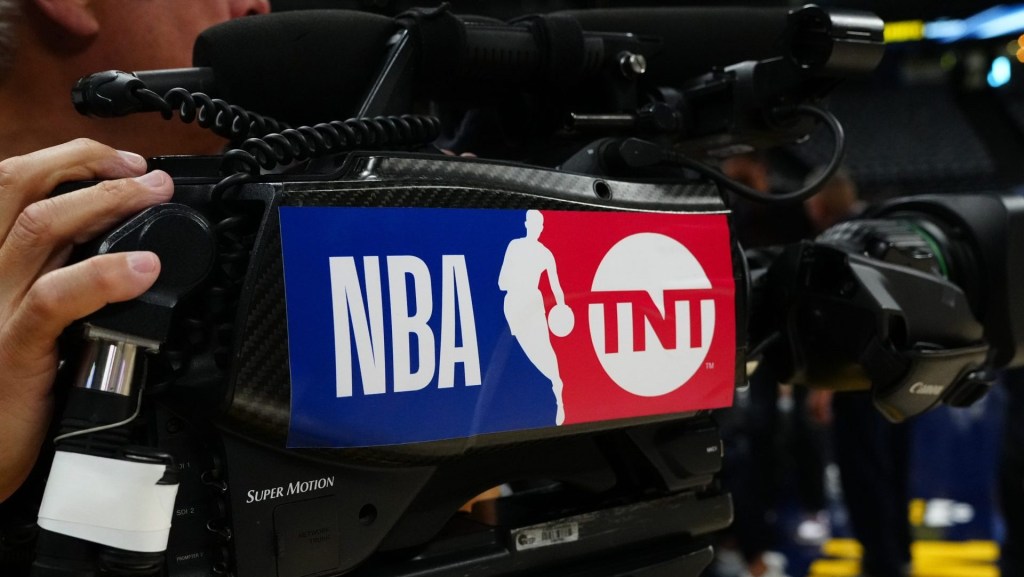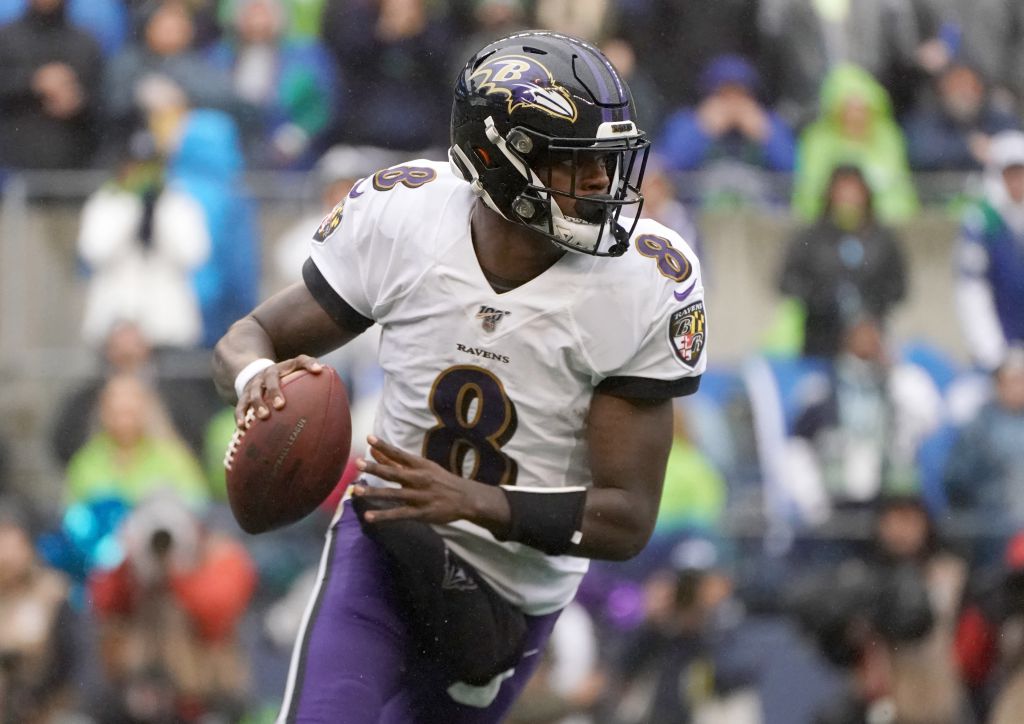
The NFL posted a strong television performance during the first half of the 2019 season, with TV audiences rising 6% to an average of 16 million viewers.
One big factor driving that increase is a dicey subject still taboo for the league’s TV partners: the increased legalization of sports betting.
Football bettors are the most loyal TV viewers for NFL games. They’ll stick around watching blowouts just to see whether their fantasy team players are scoring, whether they covered the point spread or if they nailed their over/under bet.
Betting changes TV consumption habits. About 75% of bettors say they’re more likely to watch an NFL game if they have a bet on it, according to research by the American Gaming Association (AGA). Fifty-one percent are more likely to watch pre-game shows and commentary, and 63% are more likely to gather with friends/family to watch a game if they have a bet down.
More than 38 million Americans, or 15% of the adult population, plan to bet on NFL games this season, according to AGA. And 24% would like to bet if it was legal and convenient in their home state.
“There’s never a bad game when people bet,” noted Mike Lombardi, the ex-NFL executive turned columnist at The Athletic and co-host of The GM Shuffle podcast with Adnan Virk.
Thirteen U.S. states have legalized sports betting. Eight U.S. states now offer legal online sports betting. The ease and convenience of betting via phones and mobile devices in New Jersey and Pennsylvania has helped drive NFL wagering and TV viewers in those states, according to Dustin Gouker, lead sports betting analyst for PlayNJ.com.
Some New Yorkers travel across the Hudson River to New Jersey just to place their football bets, then go right back. Mobile wagering accounts for 80% of FanDuel’s sports betting volume in NJ/Pa. FanDuel customers consume 40% more sports content once they start playing on the site.
“As FanDuel has demonstrably shown over the past decade, when consumers engage with fantasy sports, they consume more sports content. We see the same pattern with sports betting, specifically in markets where sports betting has been legalized,” said Mike Raffensperger, FanDuel’s Chief Marketing Officer:
With fans in the Tri-State area area finally able to bet legally on the New York Giants, New York Jets and Philadelphia Eagles, New Jersey collected $445 million in betting in September. That’s the state’s biggest “handle,” or betting total, since it legalized sports betting in June 2018. New Jersey is now dueling Nevada to be the top U.S. state for legal sports betting.
“Online sports betting reaches a much wider potential audience who are betting on sports,” Gouker said. “New York State does have physical sportsbooks. But you can’t bet online if you’re physically in New York. You actually have to go into New Jersey to bet. There are some New Yorkers who routinely go into New Jersey to bet.”
The state of Pennsylvania also had a big month in September as the NFL kicked off its 100th season. The state’s online and retail sportsbooks generated a record $194.5 million handle in September, up 78% from $109 million in August. Another state to watch is Indiana. Besides betting on the Indianapolis Colts, the state generates plenty of action on the Chicago Bears by fans from neighboring Illinois.
As the AGA data indicates, sports bettors watch more football and are more engaged. Time spent watching a telecast factors into Nielsen TV ratings.
Sports bettors “are far more likely to watch the entire (game), or engage with it longer, than you would if you didn’t have a bet on it. That’s where you’re going to see the biggest movement,” Gouker said.
The most popular bets are point spreads and over/under. But gaining in popularity is in-game betting, where point spreads, moneylines and totals change as the game progresses.
Many of the founding families of the NFL like the Rooneys (Pittsburgh Steelers), Maras (Giants) and Bidwills (Arizona Cardinals) were involved in horse racing or betting. Dallas Cowboys Chief Executive Officer Stephen Jones believes legal gambling will help drive the league’s future TV ratings and revenue.
“I think it’s going to be great for television; it will do even more television ratings,” Jones said to Dallas Morning News. “So we’re big believers that gambling is going to be another growth area for the NFL.”
But there are numerous other factors beyond gambling that are also driving the NFL’s improved TV numbers. The league has a slew of telegenic, exciting young quarterbacks like Patrick Mahomes of the Kansas City Chiefs, Lamar Jackson of the Baltimore Ravens and Jimmy Garoppolo of the San Francisco 49ers.
Tom Brady of the New England Patriots has become the new Peyton Manning: an aging gunslinger who’s still a ratings draw.
Teams with big national followings like the Dallas Cowboys and 49ers are also playing well. Manning’s old Indianapolis Colts have emerged as surprise contenders despite the retirement of Andrew Luck.
That all adds up to an impressive TV performance by the NFL for the first half of 2019.
Across TV, NFL games drew an average of 16 million viewers, up 6% from the first half of the 2018 season. Across TV and digital, NFL games averaged 16.2 million viewers, also up 6%.
Digital is still a blip compared to the NFL’s massive TV reach on broadcast andcable TV, only averaging 504,000 viewers through Week 8. However, that is up a whopping 53% year-over-year.
All 35 of the top TV shows on TV since the September kickoff of the 2019 season have been NFL games. All told, the NFL reached 157 million viewers through Week 8.
READ MORE: Dallas Cowboys Invite Fans To Live Like A Cowboy
The NFL TV partners – NBC Sports, CBS Sports, Fox Sports, and ESPN – pay billions every year to televise NFL games. They wasted no time touting their first-half numbers this week.
NBC Sports’ Sunday Night Football has reigned as prime time’s most-watched show a record eight straight years.
NBC said Sunday Night Football is averaging 20.3 million viewers across all platforms this season, up 5% from last season, and the series best first-half performance since 2015.
As always, the Peacock network has an ace up its sleeve, with flexible scheduling scheduled to kick in during Weeks 11-17. That means NBC can dump dog games between losing teams in favor of a juicier matchup plucked from a competitor’s schedule.
Meanwhile, Fox Sports said its averaging 18.7 million viewers through Week 8, up 8% over last year. That is Fox’s best start since 2016. The network’s Fox NFL Sunday continues to be the top-ranked pregame show, averaging 4.8 million viewers, an increase of 7% year-over-year.
READ MORE: Texans Keep Traveling Fanbase Priority In First London Game
And CBS Sports said it is averaging 16.6 million viewers, a 5% increase over last season. “Best in three years,” declared the Tiffany network.
Despite typically getting the weakest game schedule, with no flexible scheduling, ESPN said Monday Night Football is up 3% to an average of 11.7 million viewers.
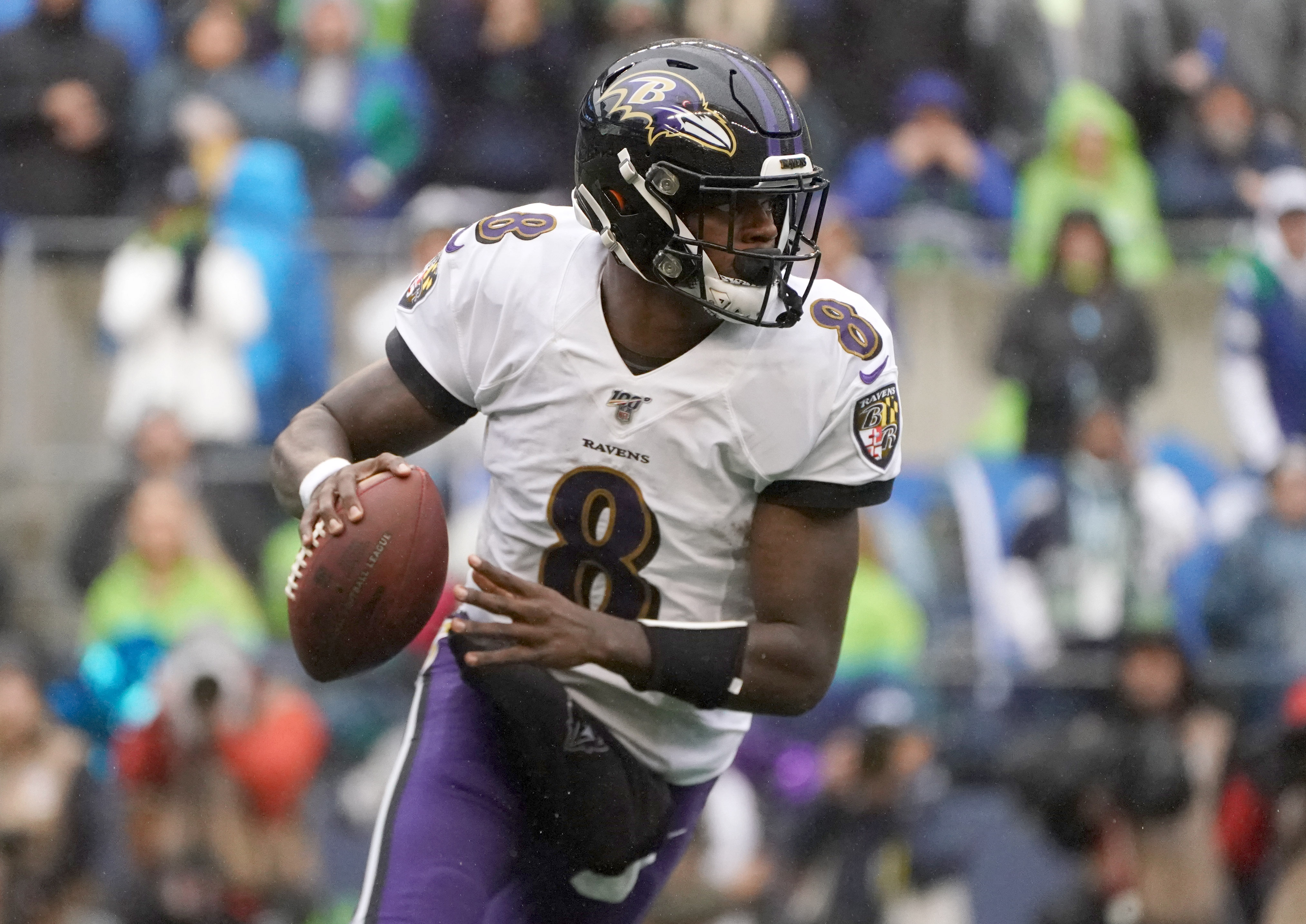
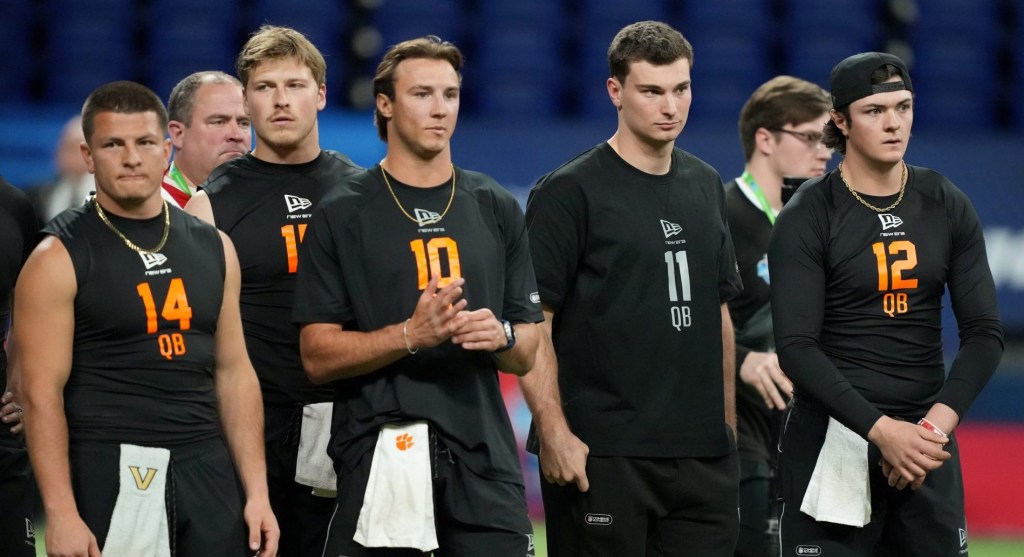
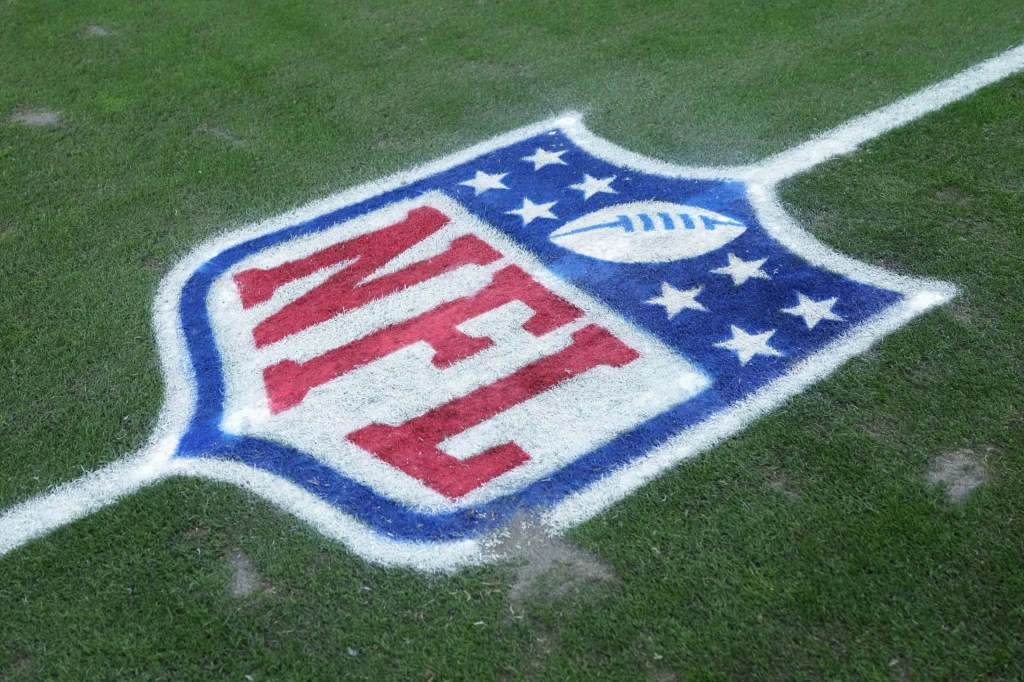
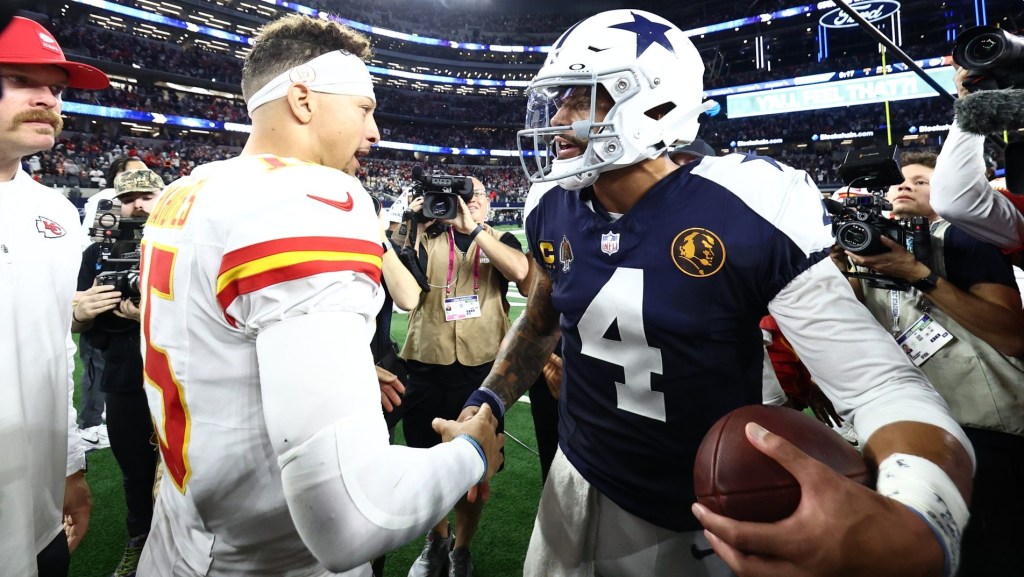


![[Subscription Customers Only] Jun 15, 2025; Seattle, Washington, USA; Botafogo owner John Textor inside the stadium before the match during a group stage match of the 2025 FIFA Club World Cup at Lumen Field.](https://frontofficesports.com/wp-content/uploads/2026/02/USATSI_26465842_168416386_lowres-scaled.jpg?quality=100&w=1024)
![[Subscription Customers Only] Jul 13, 2025; East Rutherford, New Jersey, USA; Chelsea FC midfielder Cole Palmer (10) celebrates winning the final of the 2025 FIFA Club World Cup at MetLife Stadium](https://frontofficesports.com/wp-content/uploads/2026/02/USATSI_26636703-scaled-e1770932227605.jpg?quality=100&w=1024)


